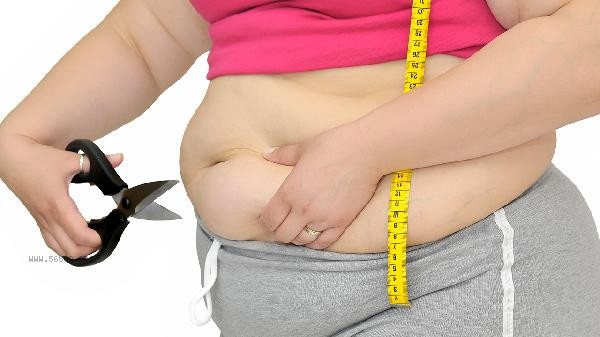17-year-old high school students need to balance their growth and development needs when trying to lose weight. It is recommended to adopt a combination of dietary adjustments and scientific exercise to avoid extreme dieting or excessive exercise. The main methods for healthy weight loss include ensuring protein intake, controlling refined sugar, choosing low sugar staple foods, exercising moderately every day, and maintaining a regular schedule.

1. Ensure protein intake
Adolescents in their growth and development stage should consume sufficient amounts of high-quality protein daily, such as eggs, lean meat, fish, etc. Protein can maintain muscle mass and enhance satiety, avoiding malnutrition caused by dieting. The intake ratio of soy products and dairy products can be appropriately increased, but the intake of high protein foods such as fried foods should be controlled.
2. Control refined sugar content
Reduce the intake of high sugar foods such as sugary drinks and desserts, and replace snacks with fresh fruits. Refined sugar can quickly raise blood sugar and promote fat accumulation, especially avoiding consuming sweets after evening self-study. Pay attention to checking food labels and be wary of hidden sugars such as flavored yogurt, fruit juice drinks, etc.
3. Choose low sugar staple foods
Replace white rice and white bread with whole grain staple foods such as brown rice and oats, and pair them with coarse grains such as sweet potatoes and corn. Low sugar staple foods can provide sustained energy and delay hunger, making them suitable for adding meals during breaks. The amount of staple food per meal should be controlled at the size of a fist to avoid overeating caused by academic pressure.

4. Daily moderate exercise
Utilize break time to engage in fragmented exercises such as skipping rope and squats, and schedule aerobic exercises such as jogging and swimming at least 3 times a week. The appropriate intensity of exercise is slight sweating to avoid excessive consumption that affects learning energy. Exercise together to increase fun, but avoid losing weight quickly through excessive exercise.
5. Maintain a regular sleep schedule.
Ensuring 7-8 hours of sleep per day helps regulate leptin secretion and avoid consuming high calorie late night snacks when staying up late to do homework. Fixed meal times can stabilize metabolic rhythms, especially emphasizing breakfast intake. Light activities such as eye exercises can be done during study breaks to reduce the metabolic slowdown caused by prolonged sitting. Adolescent weight loss requires establishing long-term healthy habits rather than pursuing short-term results. Parents should provide nutritionally balanced meal support and avoid using meal replacements or weight loss medications. It can record diet and exercise status and regularly measure body fat percentage. If menstrual disorders or persistent fatigue occur, seek medical attention in a timely manner. During weight loss, it is more important to ensure the intake of key nutrients such as calcium and iron, and maintain a normal growth and development rate than to lose weight.









Comments (0)
Leave a Comment
No comments yet
Be the first to share your thoughts!